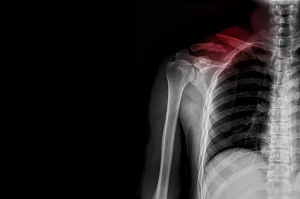Severe high and low blood sugar events in older adults with type 1 diabetes may significantly increase their risk of dementia, according to a new study.
“For people with diabetes, both severely high and low blood sugar levels are emergencies and both extremes can largely be avoided,” said study author Rachel Whitmer, associate director of the Alzheimer’s Disease Research Center at the University of California Davis School of Medicine.
The study, published online June 2 in the journal Neurology, included more than 2,800 people (average age: 56) with type 1 diabetes. Of those, 14% had a history of severely low blood sugar; 12%, severely high blood sugar; and 3% had a history of both.
Over an average seven-year follow-up, about 5% of participants developed dementia.
After adjusting for age, sex and ethnicity, those with low blood sugar episodes had a 75% higher dementia risk than those without. Those with high blood sugar episodes had more than twice the risk of dementia than those without.
Patients with a history of both types of blood sugar episodes had more six times the risk of dementia compared to those who had neither. The researchers noted that the study only found an association, rather than a cause-and-effect link.
“People with type 1 diabetes are living longer than before, which may place them at risk of conditions such as dementia,” Whitmer said in a journal news release. “If we can potentially decrease their risk of dementia by controlling their blood sugar levels, that could have beneficial effects for individuals and public health overall.”
More information
The American Diabetes Association has more on type 1 diabetes.
SOURCE: Neurology, news release, June 2, 2021
Source: HealthDay
Copyright © 2025 HealthDay. All rights reserved.

















